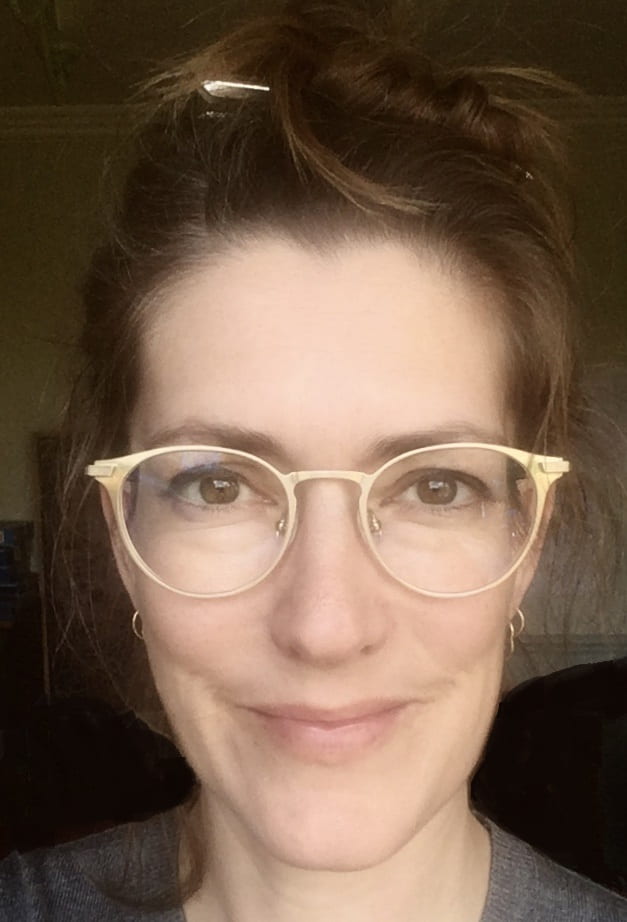Happy Autumn! Here’s the latest news from our fantastic writing short course alumni and tutors…
Alumni News

Author and City short course alumna Deepa Anappara
Oneworld have acquired The Last of Earth, the second novel by Novel Studio alumna Deepa Anappara. The novel will be published in hardback as a lead title in March 2025. An historical novel set in mid-19th century Tibet, Juliet Mabey at Oneworld said ‘I’m delighted to be working with such a bold and unique storyteller.’
Katy Darby’s Writers’ Workshop and Short Story Writing students have had more astonishing success. Rupert Dastur has sold his debut novel Cloudless to Penguin. Richie Jones was shortlisted for the London Magazine Short Story Prize. Sean Hannaway, as S. P. Hannaway, recently had a short story published in Stand (‘This or That or Any Other Thing’) and one is forthcoming in The Pomegranate (‘Exit Pye, with Cushion’). Sean was also shortlisted for the Bristol Prize in 2021 for his short story ‘Love, Hunger’.
Peter Forbes’ Narrative Non Fiction alumni have been as busy as ever!

Narrative Non Fiction Alumna Claire Martin’s debut, Heirs of Ambition
NNF alumna Claire Martin published her debut book Heirs of Ambition: The Making of the Boleyns in September with History Press. Ed O’Brien’s article ‘Hardcore Landscaping: how to grow a garden on sand, gravel and concrete’ was published in The Guardian on 28 July 2023; and Alice Kent’s memoir ‘And Those are Stars’ was published in Hinterland, Issue 13, 2023.
Amal Abdi, graduate of Holly Rigby’s Narrative Non Fiction course, has been commissioned to write a new play for London’s Rich Mix theatre venue. The play will run for two dates on Tuesday 24th and Wednesday 25th October and can be booked here.
Susan Grossman’s Travel Writing Student, Yvette Cook, has had successful travel journalism commissions from The Independent, The Slovenia Tourist Board and BBC Sky at Night.
Competitions
City Writes, City’s termly writing competition for all past and present City short course writing students, is open for submissions. This term’s event is on Wednesday 13th December at 7pm on Zoom and the published guest author will be writer and City tutor, Caroline Green. Not only does Caroline write fiction for young people and adults, she is also the much valued and acclaimed teacher of the Crime and Thriller Writing short course here at City. From YA, through psychological thriller, to supernatural detective fiction, Caroline Green is an inspirational powerhouse. Register here now to save your spot for the night.
If you would like to read your work in front of a supportive audience and share the virtual stage with Caroline on the 13th December, all you need to do is submit your best 1,000 words of fiction or creative non-fiction (we accept YA but sadly NOT poetry, drama or children’s fiction) to rebekah.lattin-rawstrone.2@city.ac.uk by midnight on Friday 10th November. Please check the full submission details here.
The Book Edit Writers’ Prize 2023 is open for submissions. Judged this year by Deepa Anappara, and in association with Legend Press, the prize is free to enter and open to all British or UK-based unpublished, unagented novelists from communities currently underrepresented in UK publishing. For more details visit the prize page here. Deadline 23 October.
Scholarships
We offer a fully-funded place for a young adult (18-25) from an underrepresented background and/or facing financial difficulty on our Writing for Social Impact course. To apply, please contact the tutor Ciaran Thapar explaining why you’d like to attend. This course is now offered monthly to reflect the increased demand.
Tutor News

Author and Short Course Tutor Katy Darby
Short Story and Writers’ Workshop tutor Katy Darby has three new historical short stories coming out in anthologies in November, with Belanger Books.
Writing for Children tutor Bryony Pearce’s new Mid-grade novel, Hannah Messenger and the Gods of Hockwold, was published in June, and her short story is in a new sci fi anthology Parsec in Print.
Writing the Memoir tutor Anna Wilson’s picture book Grandpa and the Kingfisher was shortlisted for the Wainwright Nature Prize, illustrated by Sarah Massini.
And finally, we have a new Writing for Business tutor on Monday evenings, Tamsin Mackay. Welcome, Tamsin! And huge thanks to Jenny Stallard, who Tamsin is replacing, for her brilliant teaching the past few years.
Happy Writing Everyone. and congrats to all our brilliant alumni and tutors.



























 ny industries, including business, government, and education. By learning Arabic, you can make yourself more competitive in the job market.
ny industries, including business, government, and education. By learning Arabic, you can make yourself more competitive in the job market.



 f our emotions we are the more we can connect with others.
f our emotions we are the more we can connect with others.













Recent Comments